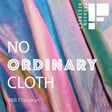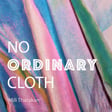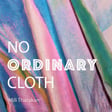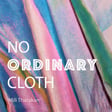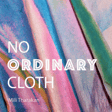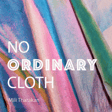
🌱 Ep 22. Beyond the Bin: Fight Against Fashion Waste with Annabel Hought and Yayra Agbofah (x Fashion District)
Join host Mili Tharakan as she sits down with Annabel Hought from Round Retail and Yayra Agbofah from The Revival to discuss innovative business models for sustainable fashion, the global crisis of textile waste, and the power of cross-border collaboration. This episode dives into the realities of the secondhand clothing market, the importance of community, and creative solutions for reducing waste while supporting vulnerable communities.
Key Takeaways
- Textile waste is a global problem that requires local and international collaboration.
- The rise of fast and ultra-fast fashion has led to a flood of low-quality, unsellable garments, overwhelming markets like Kantamanto in Ghana.
- Innovative business models like Round Retail and The Revival show how fashion can be a force for good.
- Consumer awareness and action are crucial for driving systemic change in the fashion industry. Consumers can drive change by voting with their money and supporting responsible businesses.
- Reduce stigma around secondhand fashion and foster a more conscious, circular fashion ecosystem.
How to Support
Donate or consign clothes to Round Retail
Follow and support The Revival’s ongoing efforts to rebuild Kantamanto market and community in Accra, Ghana - Donate
Advocate for extended producer responsibility and more transparent fashion supply chains
Fashion District Festival 2025
Fashion District Festival 2025: 3rd - 8th June 2025, Spitalfields, London
Launch and performance showcase: immersive fashion show
Rebuild and Reimagine with Round Retail: bring old clothes for creative upcycling sessions.
Accelerating Regenerative Fashion: workshop
Circular Design Practice: workshop
Past and Future fabrics: talks
Connect with me
Mili Tharakan: Linkedin I Insta I Website I Buy me a coffee
If you enjoyed this, please share the episode with a friend or colleague. Subscribe and leave a review, I love to hear your feedback.
Cover art: Photo by Siora, Photography on Unsplash
Music: Inspired Ambient, Orchestraman
